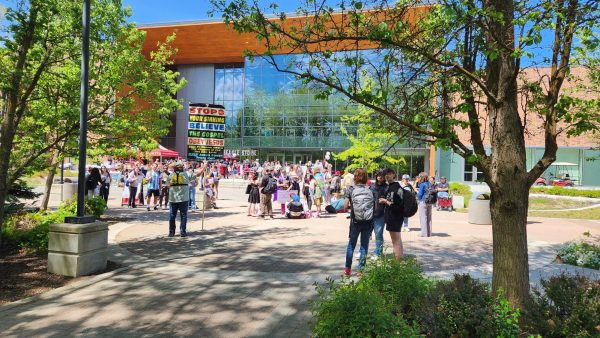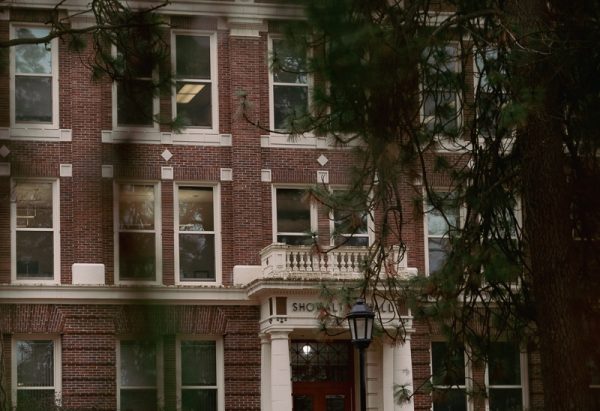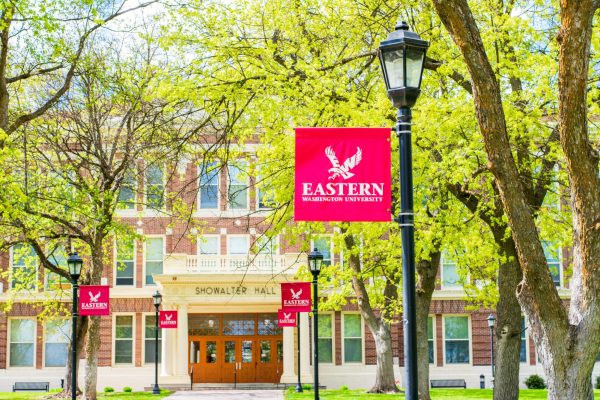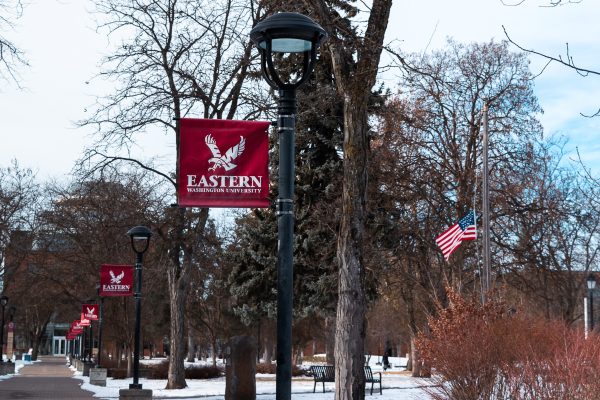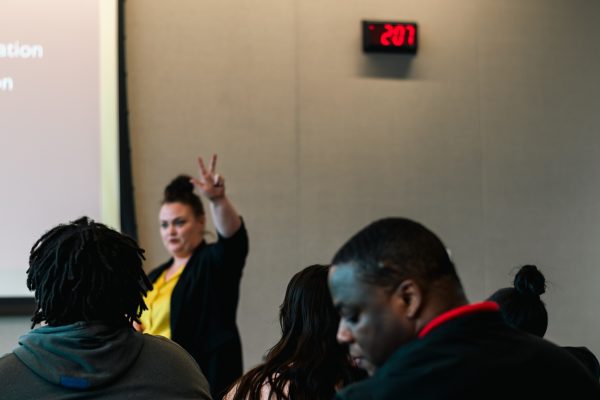Mid-year community advisers face challenges

May 6, 2013
It is not guaranteed that a hall community will keep their community adviser throughout the year, so when one is lost, the new community adviser may sometimes be greeted with hostility and be given little leniency with residents.
The minimum GPA required to be a community adviser is 2.5 and this must be kept throughout the year. Community advisers sign contracts when they begin work, which enforce their compliance to the set GPA minimum and various other rules that apply to the job. When these rules are broken, the process for hiring a mid-year community adviser begins.
The housing department looks for candidates who have a strong community influence and noticeable leadership within the halls. This usually results in the hiring of a resident of the floor who lost its community adviser or to the promotion of an office worker or mentor. When this happens, the transition of the new community adviser may not be easy.
“It can be challenging to come into a community already built,” said Shelby Wilke, Dressler Hall’s sixth floor community adviser.
Wilke was a mentor in Morrison before she was hired as a mid-year community adviser for Dressler
Hall last year. She said that her transition was challenging, but the staff made it easy. She dealt with some hostility from her floor for the first few days, but by the next couple of weeks the floor had realized that she was not going to change anything about the floor and they eventually warmed up to her.
Though Wilke did not go through the three-week training, she grew from her experience. Reflecting back on being tossed into such a demanding job with no training, Wilke said, “I’m better prepared to help other people.”
When she went to the community adviser training this fall, she realized that she made some mistakes the previous year. She learned how to handle situations the right way so she did not make those mistakes again this year.
Her advice to new, mid-year community advisers is to never give up and show the residents that you are there for them.
“We do not ever anticipate losing a community adviser mid-year and we know the impact that it has on the community and the hall staff. It is not an ideal situation,” said Shantell Jackson, area coordinator for Pearce and Dressler halls and Pearce’s residential life coordinator.
According to Wilke, the newly selected community adviser is tossed right into a tough and stressful situation with limited knowledge and no formal training. They are not all alone, though.
Mid-year community advisers are provided with a mid-year training packet. Its contents are meant to briefly explain the job and give information on how to deal with emergencies. New community advisers are also paired up with a “seasoned” community adviser, one who has been working for some time. This pairing gives the mid- year community adviser on-the-job training, making the process of transitioning easier to handle.
“We try to be thoughtful about the process,” said Chief Housing Officer Josh Ashcroft.
Both Ashcroft and Jackson understand the impact that a new community adviser has on a residence hall by the letting-go of the previous community adviser. Ashcroft said the residents should be patient and give a new community adviser an “opportunity to be a part of the community.” If this is done, both the mid-year community adviser and the residents of their floor will find the transition easier.
Ashcroft said that he does not want the community adviser system to negatively affect academics and that, overall, academics come first. He said, though, that being a community adviser is one of the best leadership positions on campus and for those aspiring to become one. The housing department looks for people who care about their peers, care about EWU and are involved on campus.



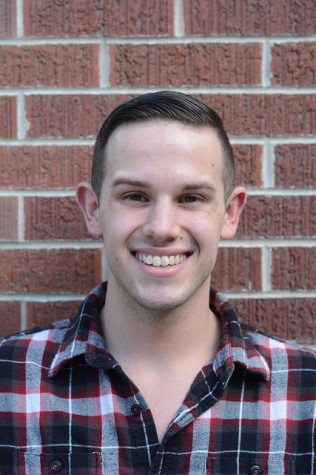


![Simmons said the biggest reasons for her success this year were “God, hard work, and trusting [her] coach and what she has planned.”](https://theeasterner.org/wp-content/uploads/2024/05/image1-1-1200x800.jpg)

